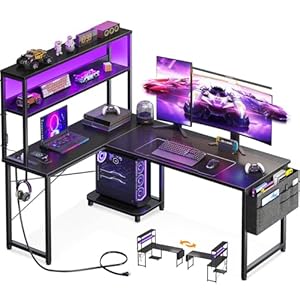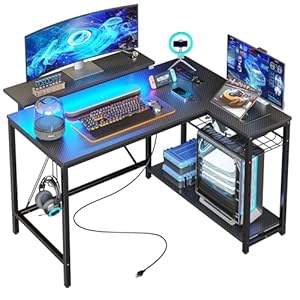
When it comes to the debate between gaming PCs and consoles, there are key factors to weigh before making a decision. Consider this: imagine the capability to push boundaries in terms of graphics and performance, coupled with the allure of customization and future-proofing your gaming setup. How do gaming PCs truly stack up against consoles? The answer may lie in a nuanced exploration of graphics, pricing, game availability, and the potential for tailoring your gaming experience to suit your preferences.
Graphics and Performance Comparison
When comparing gaming PCs and consoles, you’ll immediately notice the superior graphics and performance of gaming PCs. Gaming PCs are equipped with powerful graphics cards and processors that allow for stunning visuals and smooth gameplay. The ability to customize a gaming PC to meet your specific preferences and requirements gives you an edge in performance over consoles. With a gaming PC, you can enjoy higher resolutions, faster frame rates, and more detailed graphics compared to most consoles on the market.
Additionally, gaming PCs offer the flexibility to upgrade components as technology advances, ensuring that your system stays current and capable of handling the latest games. This flexibility allows you to adapt your gaming setup to suit your needs without being limited by the constraints of a console. The overall experience of playing on a gaming PC is often more immersive and responsive due to the superior hardware that can be incorporated into these systems.
Price and Value Considerations
Considering the significant performance advantages of gaming PCs over consoles, it’s essential to evaluate the Price and Value Considerations to make an informed decision on your gaming setup. Gaming PCs generally come at a higher initial cost than consoles. However, they offer greater flexibility for upgrades, potentially extending their lifespan and providing better value in the long run. Consoles, on the other hand, have a fixed hardware configuration, limiting their performance capabilities over time.
When assessing the price and value proposition, it’s crucial to consider factors beyond the initial purchase. Gaming PCs allow for customization based on your preferences and budget, ensuring that you get the performance you desire. Additionally, the ability to upgrade individual components as needed can be more cost-effective than replacing an entire console.
Ultimately, the price and value considerations come down to your gaming priorities. If you prioritize performance, customization, and longevity, a gaming PC may offer better value despite the higher upfront cost. However, if you value simplicity, exclusives, and a lower initial investment, a console could be the more suitable choice for your gaming needs.
Game Library and Exclusives
Exploring the diverse range of games available and the exclusives offered can significantly influence your decision between gaming PCs and consoles. Consoles like PlayStation and Xbox often have exclusive titles that you can’t play on a PC. These exclusives can range from popular franchises like Halo or God of War to unique indie games that are only available on specific consoles. If you’re a fan of these exclusive titles, a console might be the better choice for you.
On the other hand, gaming PCs have a vast library of games available on platforms like Steam, Epic Games Store, and more. These platforms offer a wide variety of games, including indie titles, AAA games, and everything in between. Additionally, gaming PCs have the advantage of backward compatibility, allowing you to play games from older generations that mightn’t be available on consoles.
Consider the type of games you enjoy playing and whether any exclusive titles sway your decision when choosing between a gaming PC and a console.
Customization and Upgrade Options
Delving into customizing and upgrading your gaming setup can enhance performance and tailor your experience to your preferences. One key advantage of gaming PCs over consoles is the ability to customize almost every aspect of your system. From choosing specific components like the processor, graphics card, and cooling system to selecting the case design and RGB lighting, the options for personalization are vast. This level of customization allows you to build a PC that not only meets your gaming needs but also reflects your unique style.
Moreover, gaming PCs offer easy upgrade options, enabling you to stay current with the latest technology and improve performance over time. You can easily swap out components such as the graphics card, add more RAM, or upgrade to a faster storage drive without needing to buy an entirely new system. This flexibility ensures that your gaming rig can adapt to new game requirements and advancements in hardware, keeping your setup relevant for years to come.
Gaming














